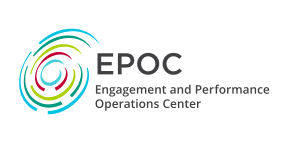Collaborations
ESnet has built partnerships and collaborations with organizations around the world. You can often read stories about some of our collaborations on the ESnet blog.
Some examples include:

Women in IT Networking (WINS)
The Women in IT Networking at SC (formerly Supercomputing) program was started in 2015 to respond to the well-established gender gap in information technology. Eligible participants are part of the underrepresented group of early to mid career female IT professionals. Candidates provide an application that includes prior experience, desired outcomes, and support from home institution. Awardees will be deeply immersed in a multi-month engineering experience before the event begins and on-site for the SC conference where they will join a SCinet team, be paired with a mentor, and will be involved in all phases of the SCinet process.
This is an immersive educational experience which offer participants the opportunity to be embedded within a highly technical environment, relying on knowledgeable mentors, to succeed on a large project.

Over the last decade, the scientific community has experienced an unprecedented shift in the way research is performed and how discoveries are made. Highly sophisticated experimental instruments are creating massive datasets for diverse scientific communities and hold the potential for new insights that will have long-lasting impacts on society. However, scientists cannot make effective use of this data if they are unable to move, store, and analyze it.
The Engagement and Performance Operations Center was established in 2018 as a collaborative focal point for operational expertise and analysis and is jointly led by Indiana University (IU) and the Energy Sciences Network (ESnet). EPOC provides researchers with a holistic set of tools and services needed to debug performance issues and enable reliable and robust data transfers. By considering the full end-to-end data movement pipeline, EPOC is uniquely able to support collaborative science, allowing researchers to make the most effective use of shared data, computing, and storage resources to accelerate the discovery process.
»Visit the EPOC website to learn more.
»Watch EPOC videos on YouTube to learn more.



